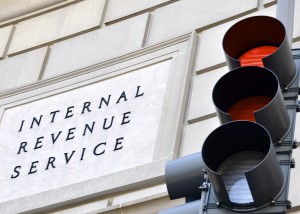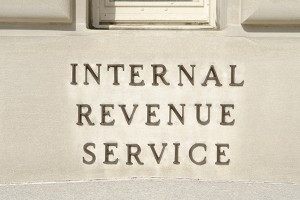The Internal Revenue Service announced on June 10, 2014, the adoption of a Taxpayer Bill of Rights that will become a cornerstone document to provide the nation’s taxpayers with a better understanding of their rights. The Taxpayer Bill of Rights takes the multiple existing rights embedded in the tax code and groups them into 10 key categories, making them more visible and easier for taxpayers to understand. The rights will be sent to millions of taxpayers this year when they receive IRS notices on issues ranging from audits to collection. The rights will also be publicly visible in all IRS facilities as well as online at IRS.gov.
The IRS released the Taxpayer Bill of Rights following extensive discussions with the Taxpayer Advocate Service, an independent office inside the IRS that represents the interests of U.S. taxpayers. I have given my opinion after each provision of the Taxpayer Bill of Rights on how I feel the IRS is doing with respect to each provision.
The Taxpayer Bill Of Rights are as follows:
- The Right to Be Informed. The IRS tries really hard to keep taxpayers informed but sometimes stops communicating for various reasons. Therefore, it is very important for you to follow up if you do not hear back from the IRS after 90 days of responding to a notice.
- The Right to Quality Service. The IRS is not delivering quality customer service. Whenever I call the IRS on behalf of a client, I am on hold for 30 to 60 minutes due to budget constraints and poor management. The IRS funding and employee headcount has decreased significantly since 2010, while its workload has increased due to health care reform and foreign account reporting rules.
- The Right to Pay No More than the Correct Amount of Tax. The IRS does a good job with this right and gives refunds when taxpayers file amended returns as well as billing taxpayers who fail to pay the correct amount of tax.
- The Right to Challenge the IRS’s Position and Be Heard. and
- The Right to Appeal an IRS Decision in an Independent Forum. Both these rights can be read together. The IRS does a good job giving taxpayers several ways to challenge or appeal its position either through the Taxpayer Advocate service, Appeals including fast track mediation, US Tax Court and the Court for Federal Claims.
- The Right to Finality. The IRS does not always provide a written report at the conclusion of a correspondence audit. Therefore, I always request a written report or statement from the IRS at the conclusion of an audit or when payments are applied from different years.
- The Right to Privacy. The IRS does a good job of protecting taxpayer privacy.
- The Right to Confidentiality. The IRS does a good job keeping your information confidential although it does share information with other federal agencies and state governments.
- The Right to Retain Representation. This is your most important right as a taxpayer. I personally know several clients that were not represented at the audit stage and paid more tax than clients I have represented at the audit stage with the same issues. I would never recommend a client go to an IRS audit by themselves.
- The Right to a Fair and Just Tax System. I think this right is the responsibility of Congress since they pass all the tax laws which are not always fair.
If you receive an IRS Notice or have any questions about your taxpayer rights feel free to contact Gregory J. Spadea online or at 610-521-0604. Gregory J. Spadea is a tax attorney, former IRS Agent and founding member of the Law Offices of Spadea & Associates, LLC located in Folsom, Pennsylvania.















